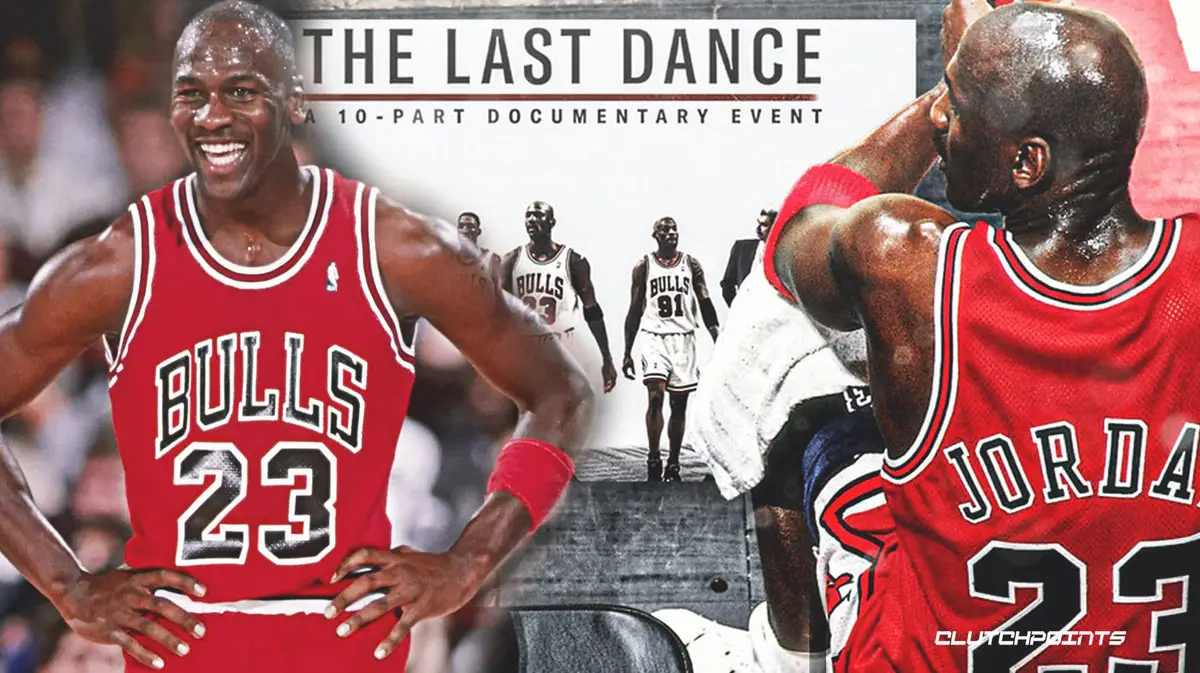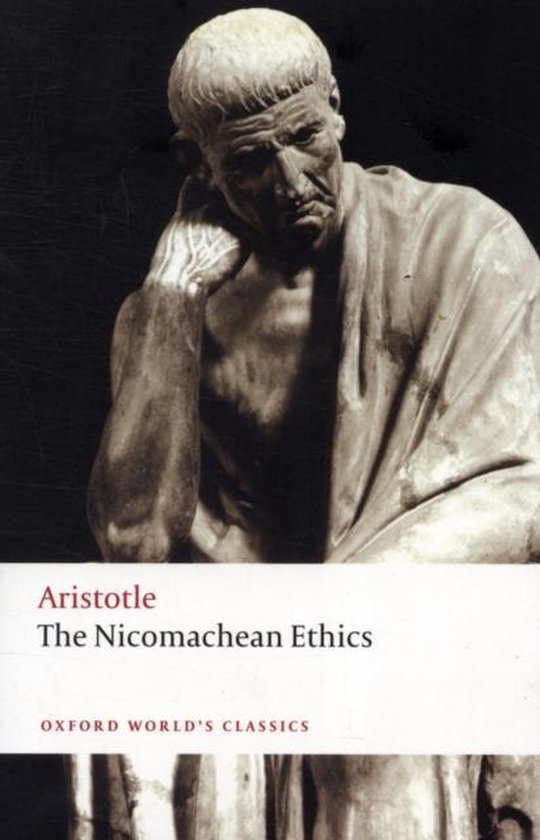Review of the Movie Lenny Cooke
One note, I composed my first draft of this essay using voice typing. For some reason this method
resulted in some formatting issues I had trouble with. I did my best to clean up the problems. But I
believe that some still remain. The formatting will remain imperfect.
Last night I watched the movie Lenny Cooke from the filmmakers Josh and Benny Safdie. Josh
and Benny Safdie have made a number of movies, mostly experimental ones. They are not
makers of traditional documentaries. Throughout the essay, I call them the Safdie Brothers.
The first thing to know about this movie is that it is not a traditional documentary. There are
no talking heads giving commentary. The movie is almost entirely composed of footage of
Lenny Cooke himself. What can be learned about his life and career and if there is any
broader message is a question that viewers must answer on their own.
Much of the movie makes use of about 60 hours of footage that a person named Adam Shopkorn
filmed of Lenny Cooke in 2000 and 2001. I should note that, other than the work he did filming
Lenny Cooke, not much is known about Adam Shopkorn. As far as I can tell, this footage is the
only filmmaking experience that Adam Shopkorn has ever had.
However, I did find the name Adam Shopkorn associated with an art gallery in Manhattan
(pictured above). I was unable to tell if this Adam Shopkorn is the same person who filmed
the young Lenny Cooke.
The inability to tell whether someone is one person or two people reminds me of a story
told by the Argentine writer Jorge Luis Borges, who also worked, for a
time, at the country's national library. One day, in the bathroom, Borges met one of his co-workers
who wanted him to know that he had just read about a person who had published stories and poems
who also happened to share his name, Jorge Luis Borges. According to the story, Borges left the
bathroom wondering if there might, in fact, be another Borges who also published stories and poems
like him. This idea of a double of Borges is explored, in a slightly different way, in his poem
Back to the movie.
The Safdie brothers looked at this material that Shopkorn had shared with them and spent hours and hours
trying to decide how to use it. And, then, fully eight or nine years after the material had been filmed,
they met Lenny Cooke. By this point, Cooke was well beyond the possibility of playing in the NBA.
Cooke had played some professional basketball, but was injured and played his
final year for a no defunct team in Minot, North Dakota called the Minot SkyRockets. With no disrespect to Minot
to the city of Minot -- I have been there -- I do not think that the club represented
the highest level of professional basketball.
In 2001, Lenny Cooke was identified as the number one most promising high school basketball player
in the United States. This was the same year that LeBron James was discovered and Cooke was
downgraded from the number one basketball player in high school to number three. The movie has
footage of them two of them in a one-on-one matchup in a game that was part of a program for the top
high school basketball prospects. However, as I said Lenney Cooke never played in the NBA. Not even
one minute. Let that sink in for a moment.
However. I believe that it is also interesting to think about people that could have achieved career
success as athletes but did not. The Safdie brothers comment on this in a short documentary available
with the movie on the Criterion Channel. As they say, for every LeBron James who moves from
unknown high school player to becoming highly successful professional athletes that people talk
about for years in the future, there might be as many as two or three hundred high school players
who were also extremely promising that ultimately did not make it to the NBA.
In the culture and world that we live in, we worship success and spend great amounts of time trying
to follow celebrities, including professional athletes, at least in my opinion. I have no comment on
this practice whether it is good or bad. However, I do believe that it is also important to read books
and watch movies that show characters who do not necessarily become highly successful.
At one point in the documentary about the making of the film, The Safdie Brothers talk about
interviewing Cooke, later in life when he was about 30 and see him interact with his nieces
and nephews. They say this is the point where they realized that if Cooke had made it to the big time
and become a great player he would not have been as good of a person. They do not fully explore this
idea, but they seem to suggest that the pursuit of greatness in professional sports makes it very difficult
to pursue excellence as a human in our relationships with friends and family.
When I wrote a longer review of the most recent Safdie Brothers movie, Uncut Gems, I spent some time talking about Aristotle and KATHARSIS. With the rest of this essay, I would like to talk about ancient philosophy and think about the pursuit of happiness: EUDAIMONIA.
At least in my opinion, although I have thought about this idea quite a bit so I have at least some
claim to knowing what I am talking about, ultimately the goal in life is the pursuit of happiness
or the pursuit of what leads a person to long term happiness. The Greeks used the term
EUDAIMONIA which might be translated as happiness or flourishing. They spent a great deal
of time talking about the good life and what leads to it and what might prevent one from achieving the
good life.
perspective on the nature of the good life. At least in my interpretation, the movie shows us that,
ultimately, Lenny Cooke achieved more happiness because he did not become a great NBA player.
This idea is something that our celebrity worshiping culture and ESPN and various other media do not
really talk about enough I think. The idea is that money is not the key to long-term success and
happiness. A career is not the ultimate thing that brings a person happiness.
I will admit that, as a member of the modern media culture, I have spent time contemplating the
concept of celebrity. One does not live by philosophy alone. However, despite that admission,
I will end my essay with a discussion of philosophy and one concept from ancient philosophy,
At least in my opinion, happiness or long-term happiness is not based on following rules;
instead, let me suggest that it is based on the pursuit of virtue. This is why I said virtue ethics
in the last paragraph.
Virtue is a set of values that are things that are inherently good. For instance in the book of
Galatians the Apostle Paul identifies virtues that he calls the Fruit of the Spirit. “But the fruit of
the Spirit is love, joy, peace, patience, kindness, goodness, faithfulness, gentleness, and
self-control." These are virtues that are inherent goods. That is to say, they are worth pursuing not
because of what they might bring instrumentally, like money, but because they are their own reward.
The ancients identified four cardinal virtues: prudence, justice, fortitude, and temperance.
They are defined as follows, according to wikipedia’s article on cardinal virtues:
Prudence (φρόνησις, phrónēsis; Latin: prudentia; also Wisdom, Sophia, sapientia),
the ability to discern the appropriate course of action to be taken in a given situation
at the appropriate time.
Justice (δικαιοσύνη, dikaiosýnē; Latin: iustitia): also considered as fairness; the Greek
word also having the meaning righteousness
Fortitude (ἀνδρεία, andreía; Latin: fortitudo): also termed courage: forbearance,
strength, endurance, and the ability to confront fear, uncertainty, and intimidation
Temperance (σωφροσύνη, sōphrosýnē; Latin: temperantia): also known as restraint,
the practice of self-control, abstention, discretion, and moderation tempering the
appetite. Plato considered Sōphrosynē, which may also be translated as
sound-mindedness, to be the most important virtue
Let me transition from ancient Greek philosophy back to the movie.
Toward the end of the movie, there is a scene of what one of the Safdie Brothers calls
Lenny Cooke's new role: the guiding light. That is his role of talking to very young players and
say "Do not do what I did." There's a scene at a basketball camp for talented high school
students and they show one kid who doesn't want to do his push ups and keeps talking
back. After this outburst Lenny Cooke talks to a kid and says you know I used to be
the number one prospect in the United States. And I was the one that just did not want
to do the work. I did not want to think about the long term. You have to think about what
it is that is going to make you happy. Do not do things because other people tell you you
need to do them.
In the interviews one of the Safdie Brothers said that now Lenny Cooke
has become one of the legends of basketball. He is not a legend because of his
extraordinary NBA career. He is a legend because he is part of the conversation.
He is the person who ultimately forced the NBA to revise the draft to protect
high school players who may be simply too young to make a decision about
whether or not they are ready to turn professional.
Ultimately Lenny Cooke is a success, even if he is not a success in terms of
NBA statistics or millions of dollars in the bank. Success is the pursuit of
long-term happiness. Lenny Cooke is an interesting case because he shows
that career success is not the same as long-term happiness. Long-term
happiness comes from the pursuit of virtue. This lesson is, ultimately,
the most important lesson of the movie and the legend of Lenny Cooke.






Comments
Post a Comment